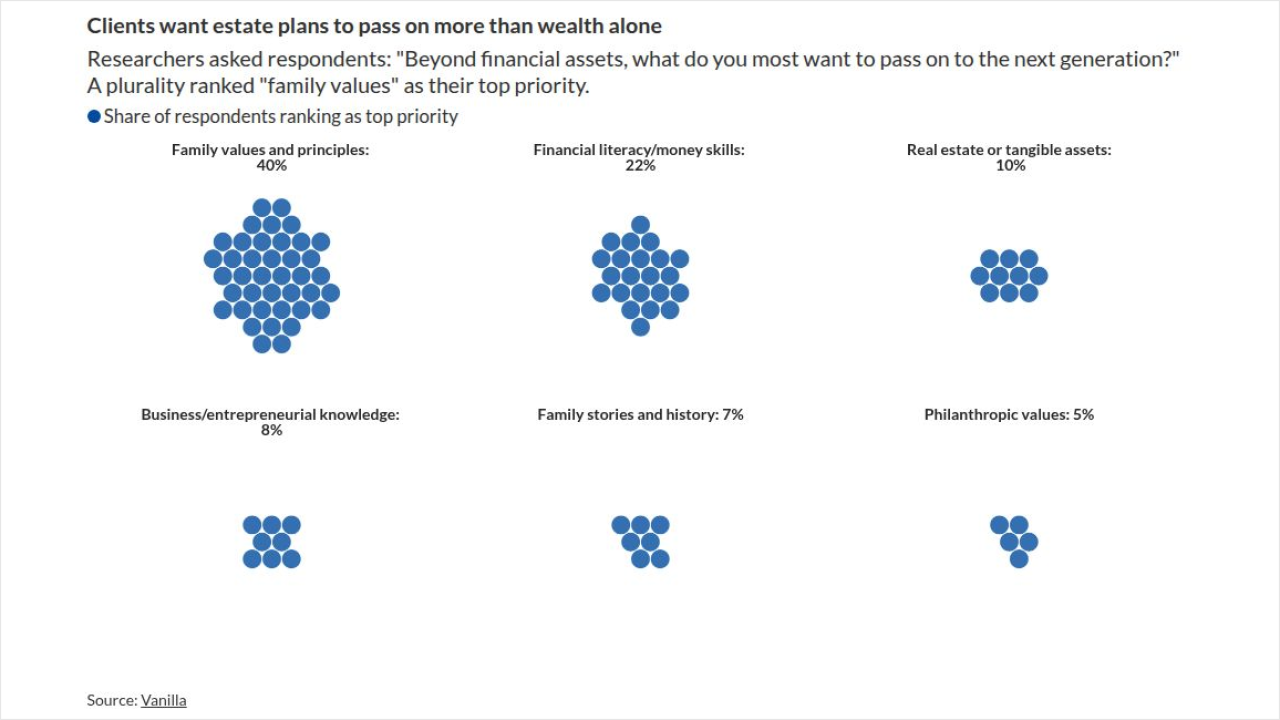
WASHINGTON, D.C. – In her first address to the fund industry, Securities and Exchange Commission chairman Mary Jo White Friday said to expect an “appropriate and balanced proposal in the near future’’ on a next round of reforms for the $2.7 trillion money market mutual fund business.
But she stopped short of providing any indication of what the content or nature of the proposal will be, other than that the product will be “informed by and can be shared with other regulators in the global marketplace.’’
See also:
White, speaking to the general membership meeting of the fund industry’s Investment Company Institute, said the SEC’s “’staff and commissioners are actively engaged in discussions’’ that will produce “meaningful money market reform” but gave no timetable for delivery.
Last Friday, Fidelity Investments, the icon of mutual fund investing, told Money Management Executive that there is “growing consensus” in the fund industry that the portion of the money market business that needs to be focused on for further reform are general purpose ‘prime funds’ used by large financial institutions as alternatives to bank accounts.
Just before White’s address to the ICI this Friday, the Wall Street Journal
Some institutions have argued they would have to pull out of money funds, if the value floated, because their investing policies do not allow it.
But institutions were the investors that were responsible for the run on money funds that occurred in September and October 2008, after the Reserve Primary Fund “broke the buck.” Its shares plunged in value after Lehman Brothers failed. The fund could not maintain the $1 a share promise, because it had heavy holdings in Lehman assets.
Other types of money funds actually picked up assets, during the crisis (see chart). Which has led Fidelity’s Money Market Group president Nancy Prior to argue that what the SEC needs to “solve for” is a potential run on the prime funds that large institutions put their money in.
Here’s how White couched the SEC’s response:
"As the SEC works to develop and propose meaningful money market reform, our goal is to preserve the economic benefits of the product, while addressing potential redemption pressures and the susceptibility of these funds to runs, runs in which retail investors especially are likely to suffer losses.’’
Under the approach that Fidelity argues has been gaining consensus, the next round of reform should restrict redemptions on institutional prime funds.
If they hold 30% of assets in cash or cash-like instruments, thrown down a gate when 15% of those liquid assets are pulled out, she told Money Market Executive. Then, charge a 1% liquidity fee, on any additional redemptions.
One percent should more than cover costs, which Fidelity says has been calculated at closer to 40 basis points, in actuality, or four-tenths of a percent.
Under former chairman Mary L. Schapiro, a new round of reform would include floating the net asset value for all shares in all money funds, plus redemption restrictions and capital buffers to preserve the liquidity of funds.
The floating NAV in particular has been controversial and Schapiro dropped her proposals last August when she failed to get enough backing from commissioners. The proposals were criticized for not having sufficient analysis on their industry and economic impact.
"The SEC regulatory process is grounded in sound, economic analysis and is well informed by public comment, including helpful comments from the ICI, fund investors, and others with important and relevant perspectives on money market funds,’’ White said. Those perspectives included "commissioners who vary in background and perspective.’’
The Financial Stability Oversight Council, which is headed by the secretary of the U.S. Treasury, took up the proposals, refined the Schapiro proosals and re-proposed them last fall.
But Under Secretary of Domestic Finance Mary John Miller said Wednesday at the ICI membership meeting "we would gladly step aside if the SEC decides to move forward with their ideas.''
The SEC’s re-evaluation of what reforms to propose “will lead to a good .. result that has been informed by and can be shared with other regulators in the global marketplace,’’ White said.





